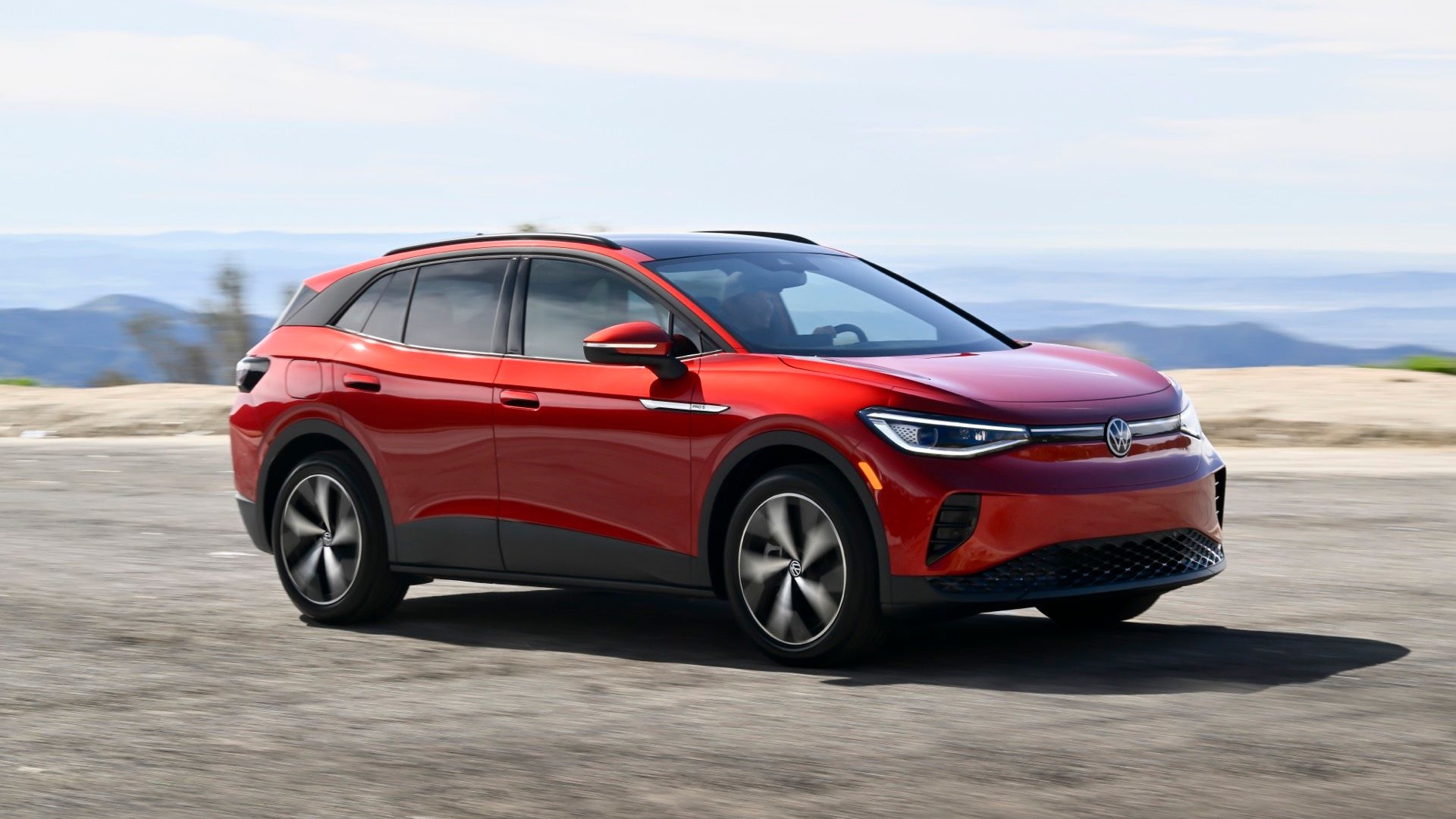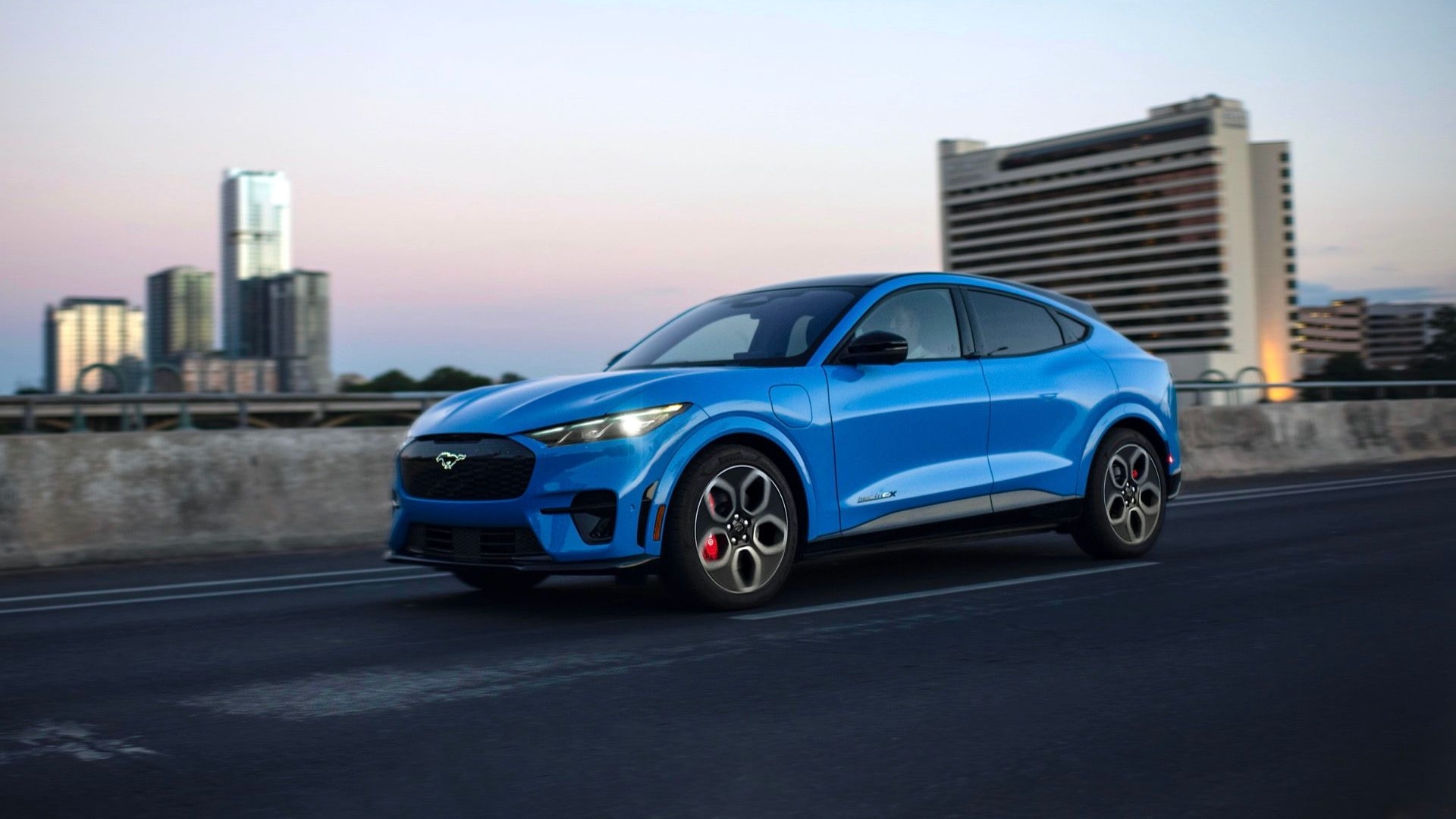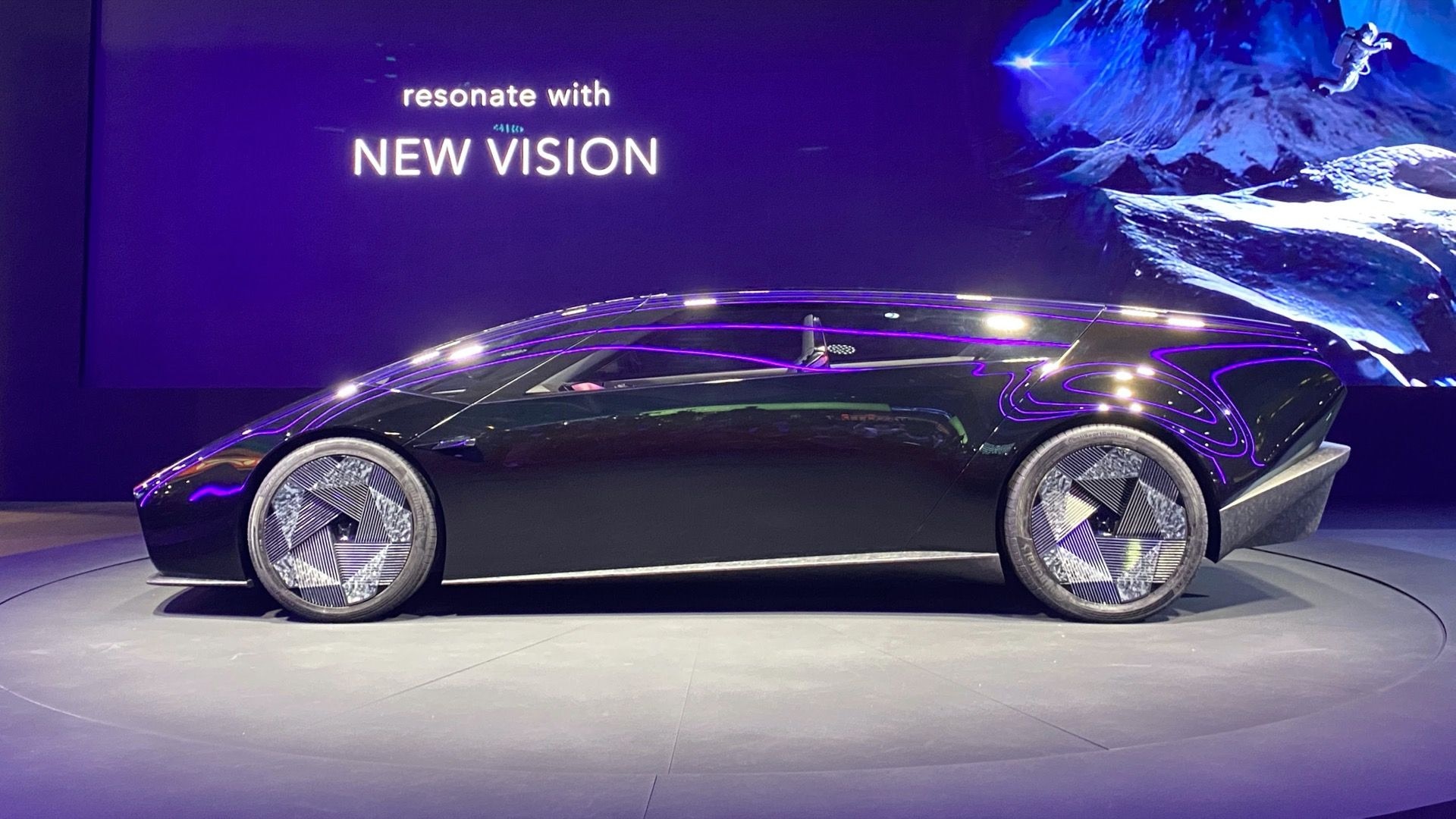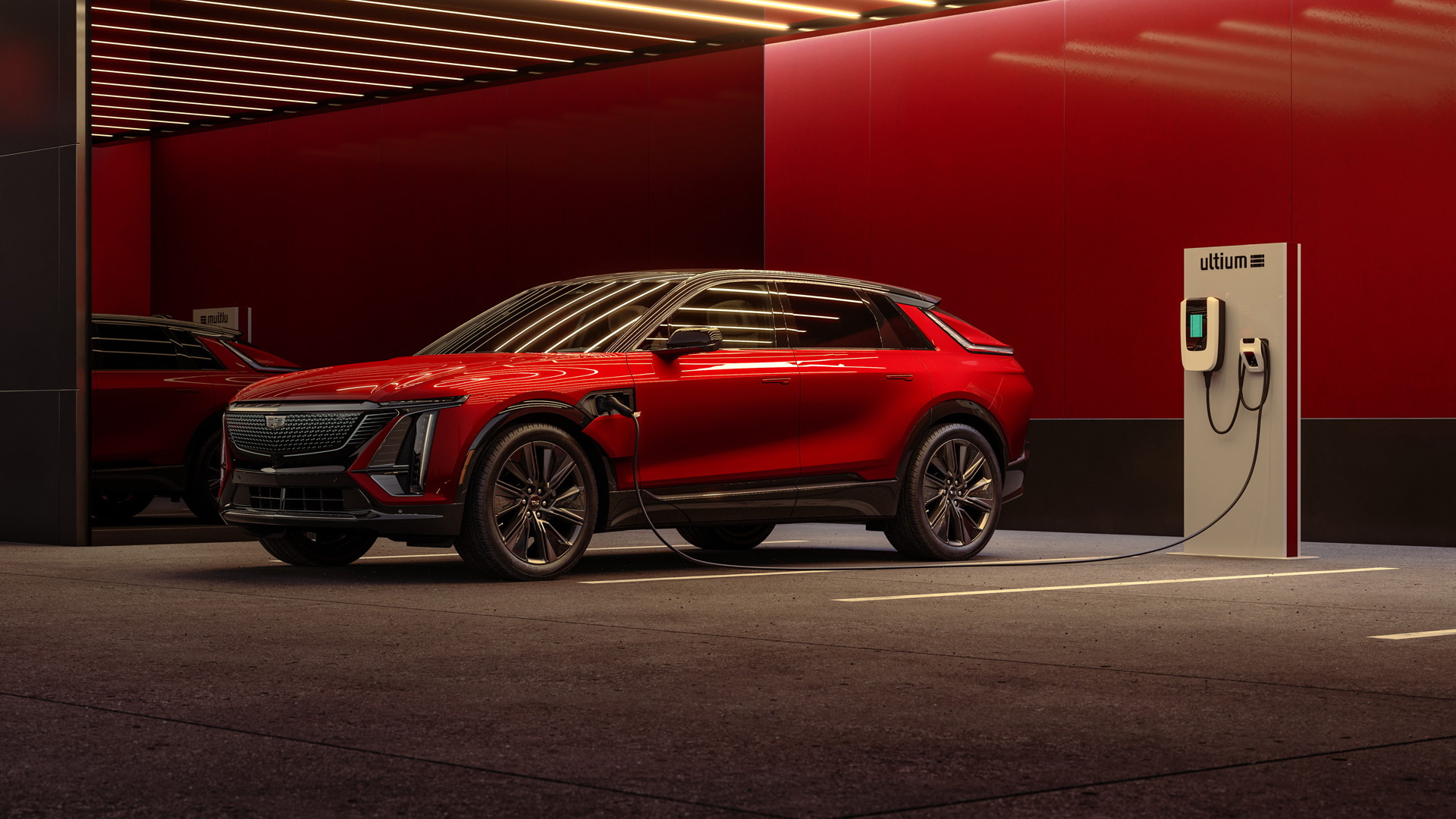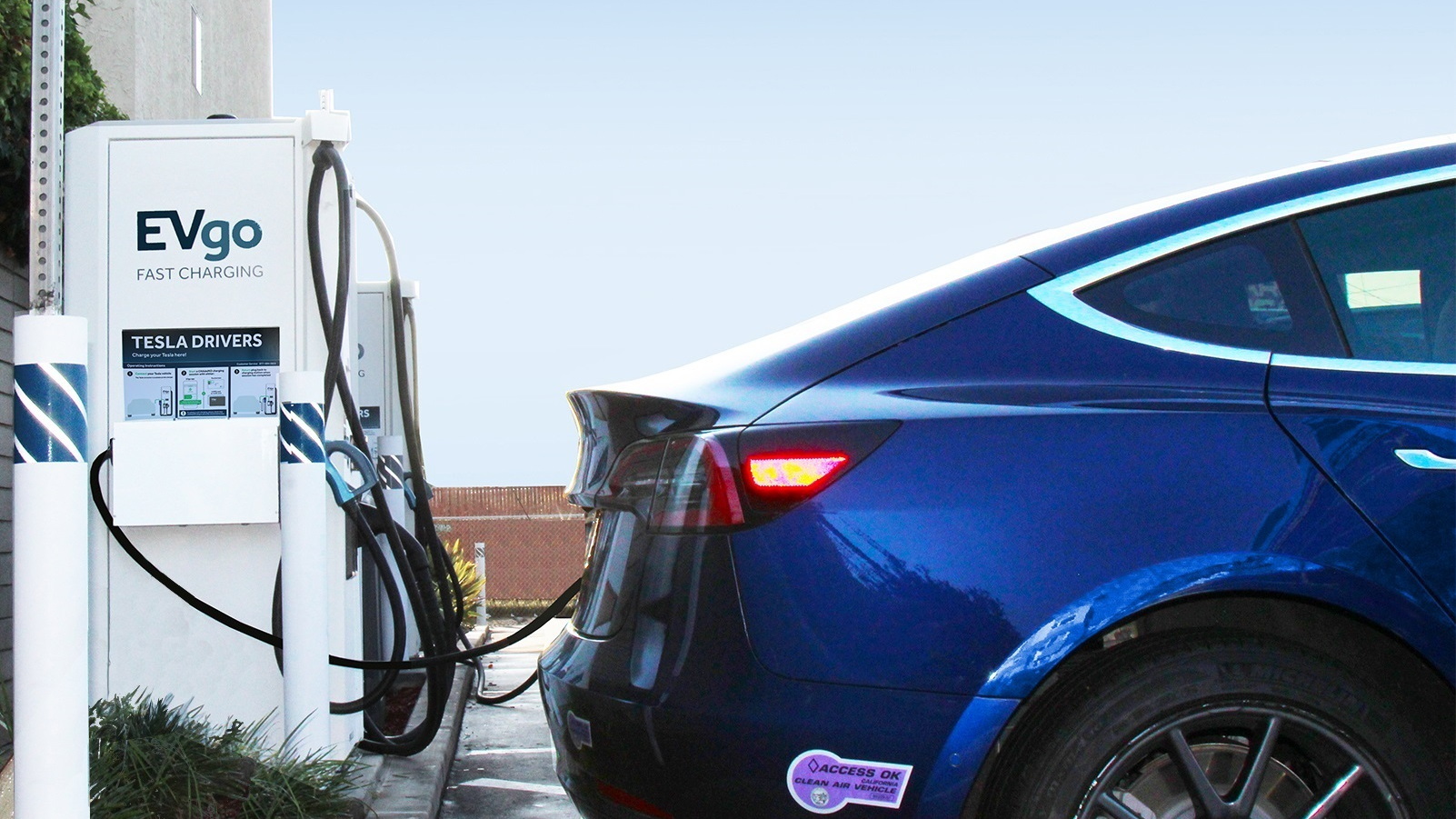A lawsuit from an industry group, challenging California’s Omnibus standard for heavy-duty trucks and vans aimed at dramatically cutting emissions, was dropped last week.
The challenge came from the Truck and Engine Manufacturers Association (EMA), an industry group representing a long list of vehicle makers, including Ford, GM, Honda, Navistar, Paccar, Volkswagen Group North America, and Volvo Group North America.
EMA’s grievance versus the rules that 17 states have signed onto, with aims to electrify 30% of trucks and buses by 2030, was based on a technicality relating to the timeline of the regulation that would have pushed diesel engine makers harder on allowed levels of nitrogen oxide, which relates to smog and public health. It alleged that CARB was not providing the required four full model years of lead time before implementing any new heavy-duty emissions standard, as stipulated in the Clean Air Act.
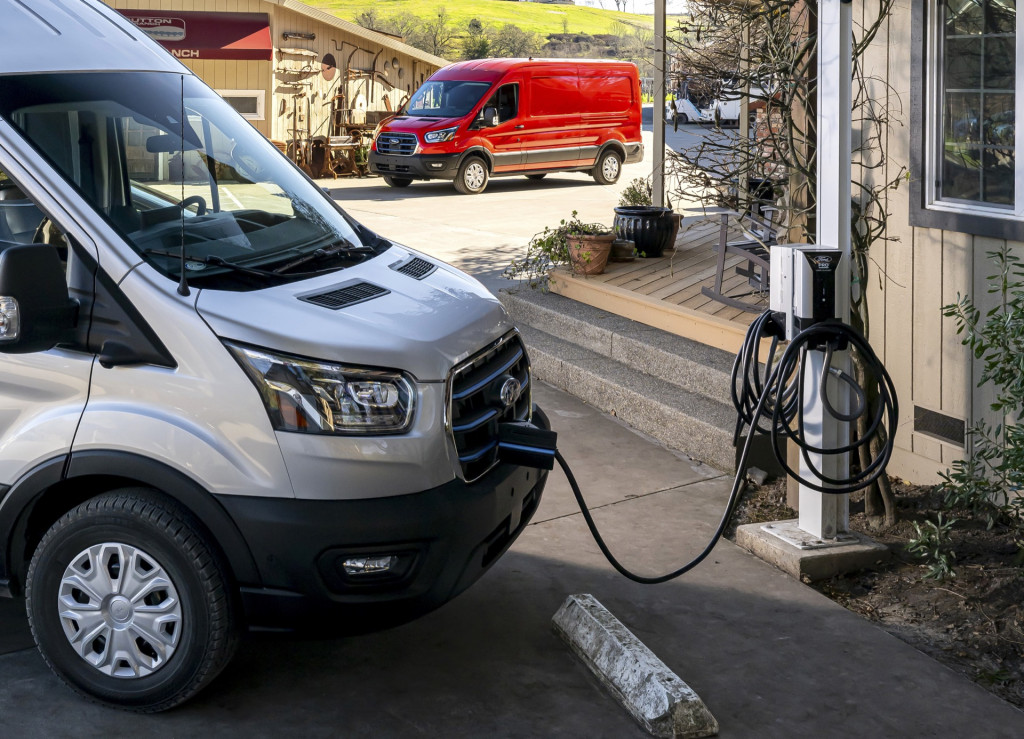
2022 Ford E-Transit
In a statement issued Thursday, EMA said that now that the EPA has commenced its own review of the issue, it’s withdrawing the lawsuit “without prejudice.”
The decision came after a profound level of pushback, including a letter signed by 34 companies and groups such as Tesla, Rivian, Panasonic, and even the consumer goods giant Unilever.
The lawsuit created another odd point of disharmony—and hypocrisy—for a number of companies that are aiming for cleaner engine technologies, as well as various levels of electrification—GM with BrightDrop and Ford with its Pro business, for instance.
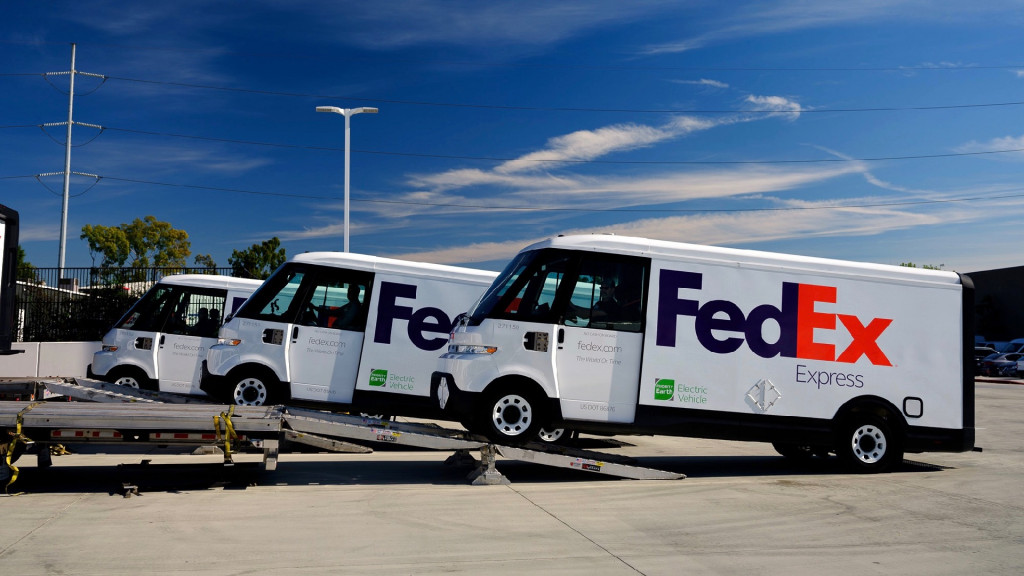
First BrightDrop EV600 vans delivered to FedEx
Amid strong corporate interest in electric delivery vehicles, the Omnibus rules arguably hasten the shift to electric trucks, particularly for last-mile delivery. California anticipates that the policy, coordinated with the state’s Advanced Clean Trucks regulation setting zero-emissions sales requirements plus reporting requirements for larger fleets, will spur the sorts of larger orders that will hasten growth of the whole sector. That might be seen as coordinated with a new federal tax credit for electric commercial vehicles, even though critics have noted that there still aren’t coordinated heavy-duty truck emissions standards that wrap in the electrification of trucks.








